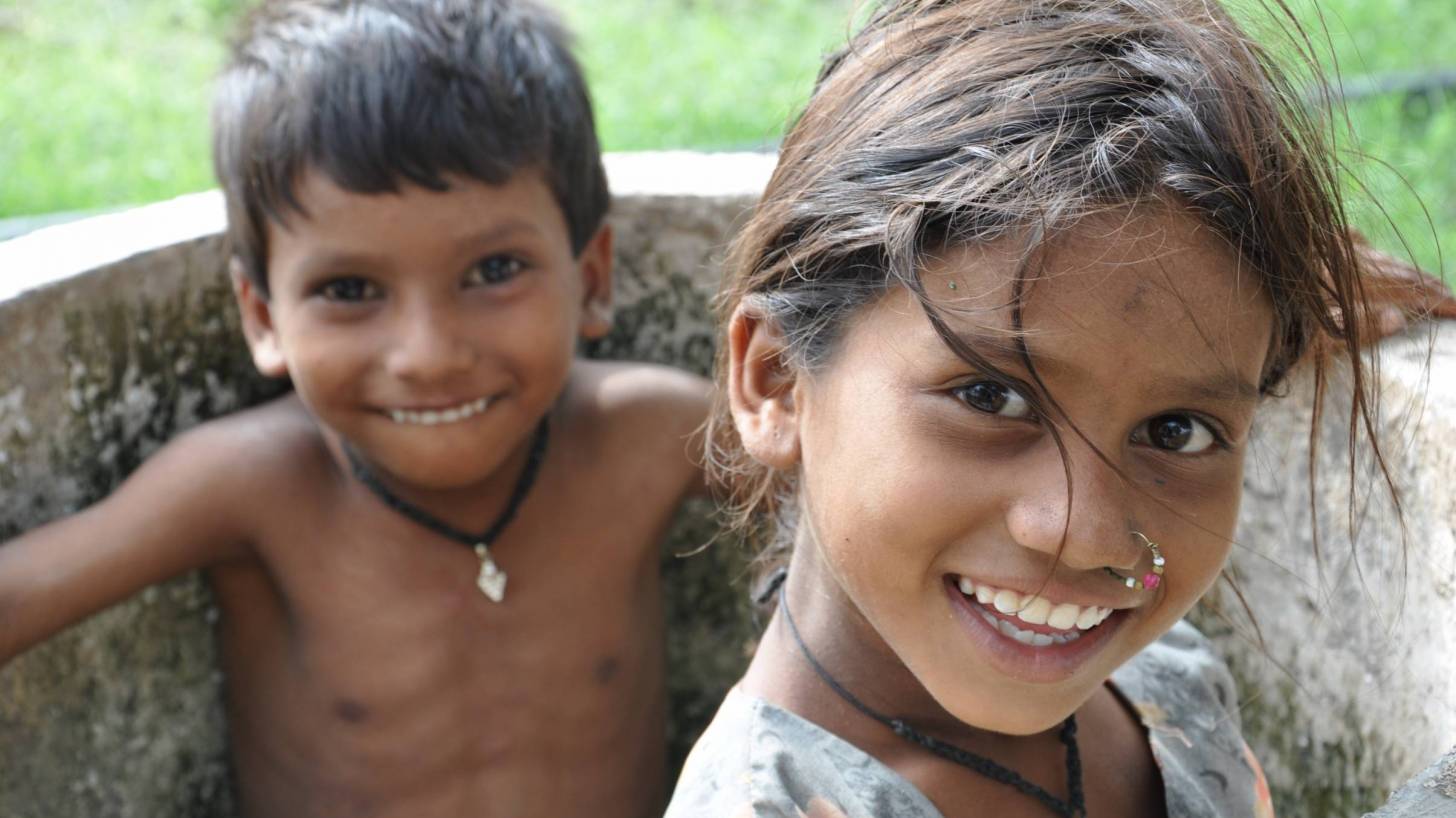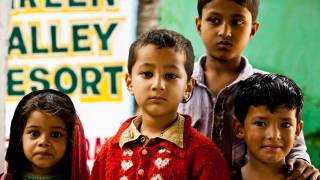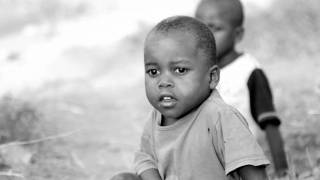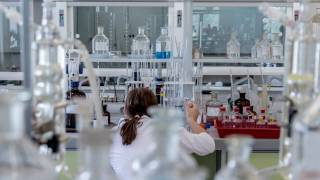Diarrheal Vaccine Study Launched By The University of Maryland

Each year, millions of people contract serious diarrheal illnesses typically from contaminated food and water. Among the biggest causes of diarrheal diseases are the bacteria Shigella and enterotoxigenic Escherichia coli (ETEC).
According to a press release published on December 10, 2019, the University of Maryland School of Medicine researchers will begin testing a vaccine designed to offer protection against these serious pathogens.
These researchers will conduct clinical trials of a combined Shigella-ETEC vaccine called CVD 1208S-122, which is a vaccine comprised of a weakened live strain of Shigella expressing protective antigens from ETEC.
This research will test the safety, tolerability and potential protection of oral doses of the prototype CVD 1208S-122 vaccine, which could ultimately protect millions of people around the world who are at most risk to diarrheal diseases.
“Our goal here is to develop a vaccine that can be delivered broadly to those who are most susceptible to the risks of these diseases,” said Wilbur Chen, M.D., MS, Associate Professor of Medicine, is Principal Investigator.
“This is something that can help serve the most vulnerable populations in low resource settings in sub-Sahara Africa and South Asia, where the disease burden is highest.”
According to the World Health Organization, Shigella and ETEC are 2 of the leading causes of diarrhea worldwide. It is estimated that these two bacteria alone are responsible for more than 15 percent of the approximately 500,000 deaths among children under the age of five.
In addition to the risk of child mortality, CVD research has shown that repeated infections and episodes of diarrheal diseases can lead to stunted growth in young children and impaired physical and cognitive development.
Individuals typically contract Shigella and ETEC infection by ingesting contaminated food and water, but these illnesses can also be contracted through close direct contact with others who are infected.
Diarrheal diseases can typically be treated through rehydration therapy and with antibiotics for travelers to countries and regions where there is a high prevalence.
However, many who are exposed to these pathogens -- children under the age of five and others in low resource settings -- do not always have access to these treatments. A vaccine, when finally tested and approved, could offer broad protection.
“Our researchers at the University of Maryland School of Medicine have developed critical tools to protect children and others in settings where there is high risk. This work not only tackles some of the most challenging diseases, but it will ultimately impact millions of people around the world,” said E. Albert Reece, M.D., Ph.D., MBA, the John Z. and Akiko K. Bowers Distinguished Professor and Dean, University of Maryland School of Medicine.
Related news
- Children’s Diarrhea Vaccine From Sweden Found Safe and Immunogenic
- Travelers Diarrhea, Is There a Vaccine For That?
The University of Maryland School of Medicine was chartered in 1807 as the first public medical school in the United States. The School has over 2,500 students, residents, and fellows, and more than $540 million in extramural funding, with most of its academic departments, highly ranked among all medical schools in the nation in research funding.
Diarrheal Vaccine news published by Precision Vaccinations
Our Trust Standards: Medical Advisory Committee

























